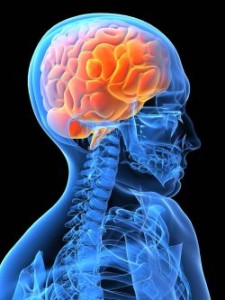 Resveratrol and Alzheimer’s disease
Resveratrol and Alzheimer’s disease
The largest nationwide clinical trial to study high-dose resveratrol long-term in people with mild to moderate Alzheimer’s disease found that a biomarker that declines when the disease progresses was stabilized in people who took the purified form of resveratrol.
Resveratrol is a naturally occurring compound found in foods such as red grapes, raspberries, dark chocolate and some red wines.
The results, published online on September 11 in Neurology, “are very interesting,” says the study’s principal investigator, R. Scott Turner, MD, PhD, director of the Memory Disorders Program at Georgetown University Medical Center. Turner, who treats patients at MedStar Georgetown University Hospital, cautions that the findings cannot be used to recommend resveratrol. “This is a single, small study with findings that call for further research to interpret properly.”
The resveratrol clinical trial was a randomized, phase II, placebo-controlled, double blind study in patients with mild to moderate dementia due to Alzheimer’s disease. A pure synthetic (pharmaceutical-grade) resveratrol was used in the study and is not available commercially.
The highest dose of resveratrol tested was one gram by mouth twice daily — equivalent to the amount found in about 1,000 bottles of red wine. YEOW!